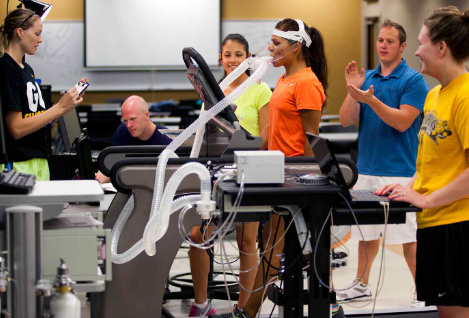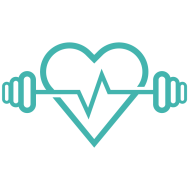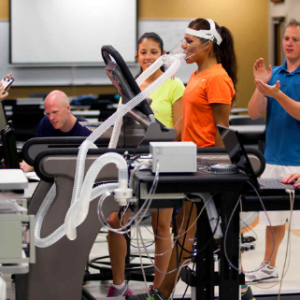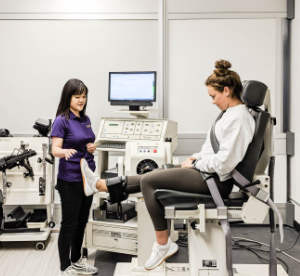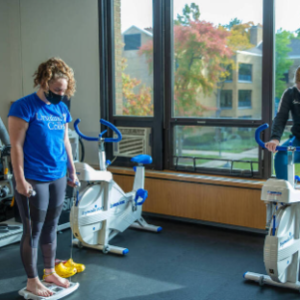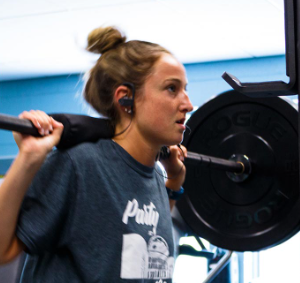Overview
Year two emphasizes practical applications of the concepts through an introduction to fitness training methods and modalities for developing specific conditioning effects in individuals. Laboratory sessions will focus on anatomy and physiology of the musculoskeletal system and cardiovascular system, theories on fitness programming, and injury avoidance in fitness environments. Students will learn basic human physiology relating to exercise, and how the body adapts to acute and chronic physical activity. Systems covered include cellular metabolic processes, energy systems, and the effects of exercise on the respiratory, nervous, cardiovascular, endocrine, skeletal, and muscular systems. The course will also study the basic nutritional principles needed for optimal athletic and human performance. Throughout year two, students will have opportunities for job shadowing and work-based learning.
When you Finish
Students who complete the Exercise Science program go on to pursue careers in athletic training, physical therapy and assisting, kinesiology, dietetics and nutrition, occupational therapy and assisting, personal training, and more. Students continue their education at 2-year and 4-year colleges, join the military, or enter the workforce.
Industry Certification
Certification is pending.
Student Evaluation
After the completion of two years in the program, students are evaluated on technical and essential skills. The Technical Skills Evaluation documents the Exercise Science skills learned. The Essential Skills Evaluation documents the workplace skills all WCC students learn. The documents were developed by WCC teachers, in cooperation with business partners and industry advisory committees, and are updated each year.
Exercise Science Technical Skills Evaluation coming Spring 2024
